Do you know which letter was the last one to be added to the English alphabet? Or which instrument was invented to sound like a human singing? Or what is the name of the galaxy that our planet Earth is part of?
I had no idea about the answers to the first two questions. I found the questions themselves so intriguing, which obviously made me highly curious about the answers. As for the third question, I was less curious as I could answer it easily.
In 2009, Min Jeong Kang, Colin Camerer, and colleagues were among the first ones to study how our brains respond to trivia questions like these, not because they liked trivia per se (they may well do), but more because they wanted to study the levels of curiosity such questions invoke, and the parts of the brain that are recruited in the process. They wanted to see what happens in our brain when we feel curious.
To do this, they ran a brain imaging study using an fMRI machine. FMRI stands for Functional Magnetic Resonance Imaging, and an fMRI machine allows researchers to see which brain regions are activated as people engage in mental activities like seeing, thinking, selecting, and so on.
Kang and colleagues selected forty trivia questions on a diverse set of topics designed to make people feel either curious or not that curious at all, just like what the questions above did to me.
Once participants were inside an fMRI machine, the forty trials began. For each trial, participants were shown a trivia question, and asked to silently guess the answer. After making a guess, they were asked to rate how curious they were about the actual answer. They were also asked to rate how confident they were about their own guesses. Then, each trivia question was shown again, followed by the correct answer so that participants could see whether their guess was correct or not. This procedure was repeated till all the forty trivia questions were exhausted. After coming out of the fMRI machine, participants were asked to recall and share their original answers to the questions.
They found that for questions for which participants had reported high curiosity, parts of the brain typically associated with anticipation of reward lit up. These areas usually light up when we are anticipating that something good or rewarding is about to happen. Imagine how you feel just before watching a concert or a movie you’ve been eager to see, or waiting for a meal at a restaurant you’ve been planning to eat at—that is the kind of anticipation that gets registered in this region of the brain.
There was greater learning in the brain from failure than success.
This was how the brain behaved during the anticipation bit. Next, as you know, came the Reveal. When participants finally got the answers to the trivia questions, the parts of their brains that are typically associated with memory, learning and understanding language became active. Even more telling was that these areas were more strongly activated when the initial guess was incorrect than when it was correct. In other words, if you had initially answered a trivia question wrong, areas associated with memory and learning were activated more strongly when you finally saw the correct answer than if you had answered it correctly to begin with.
There was greater learning in the brain from failure than success. Simply put, what these findings suggest is that curiosity sets up an anticipation of a reward (for the correct answer), and once we receive the reward (the correct answer), the brain acts to consolidate our memory so that we learn the correct answer. And this learning is stronger if we had initially failed than succeeded.
And such learning from failure is also stickier. Even after ten days, Kang and colleagues found that participants could remember the correct answers to the questions they had initially guessed incorrectly, showing that failure can make us curious to learn the correct answer, and once we learn it, it sticks for longer as well.
This article Curiosity plus failure is a passport to brilliance is featured on Big Think.

The post “Curiosity plus failure is a passport to brilliance” by Manu Kapur was published on 10/01/2024 by bigthink.com




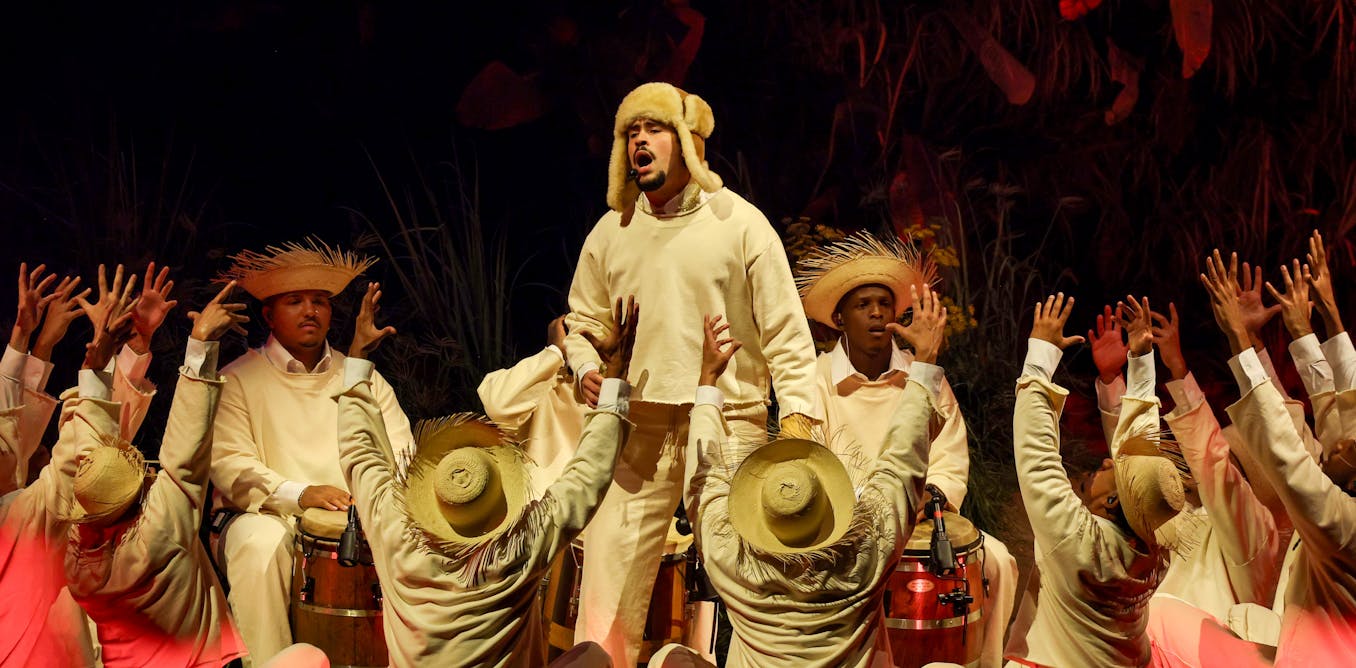
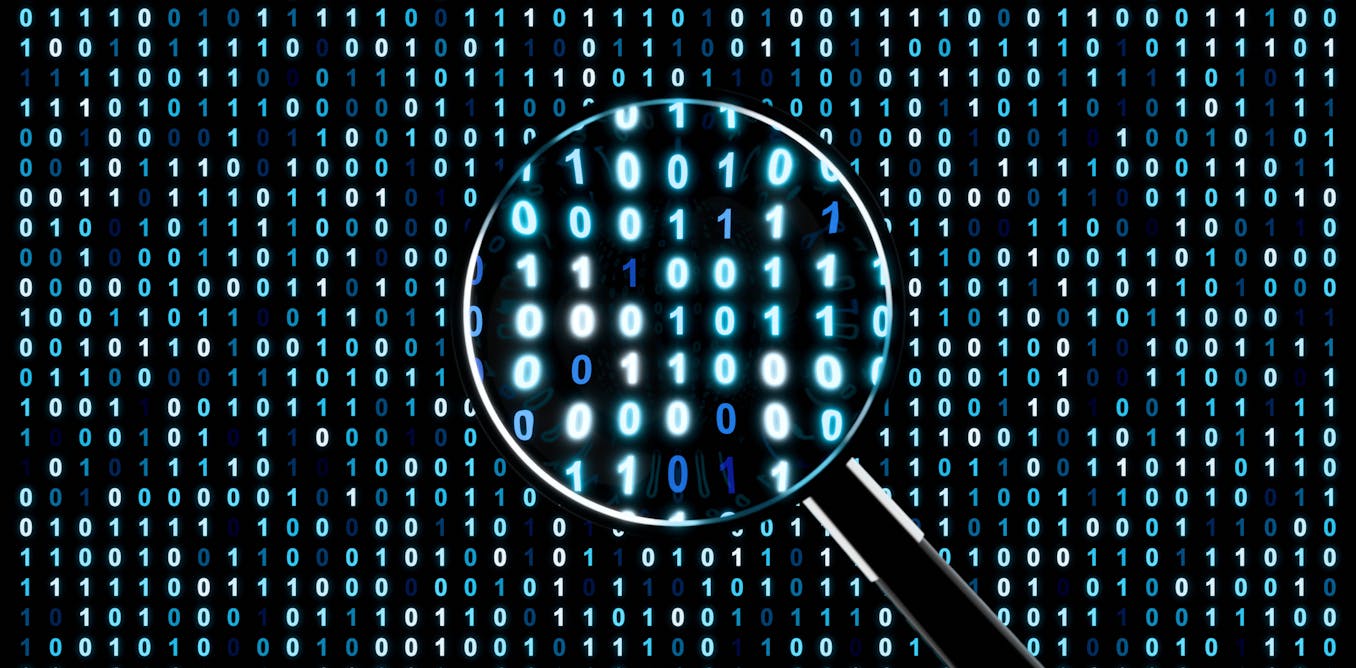



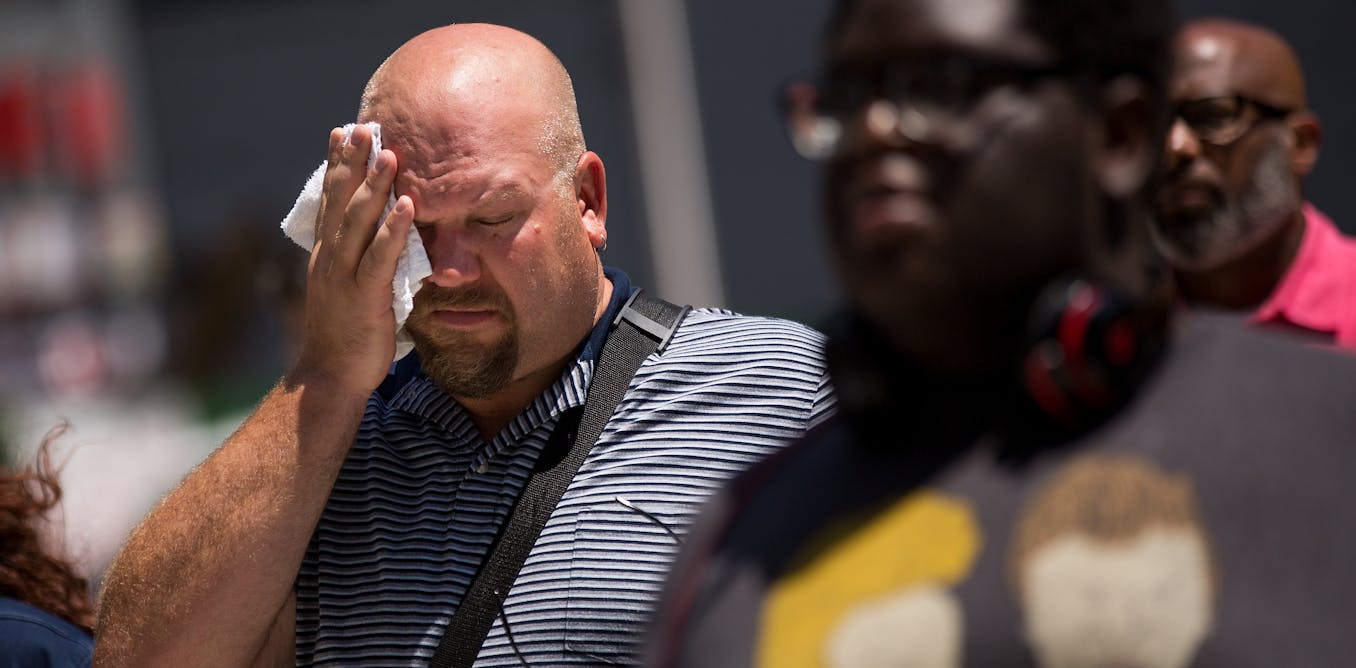

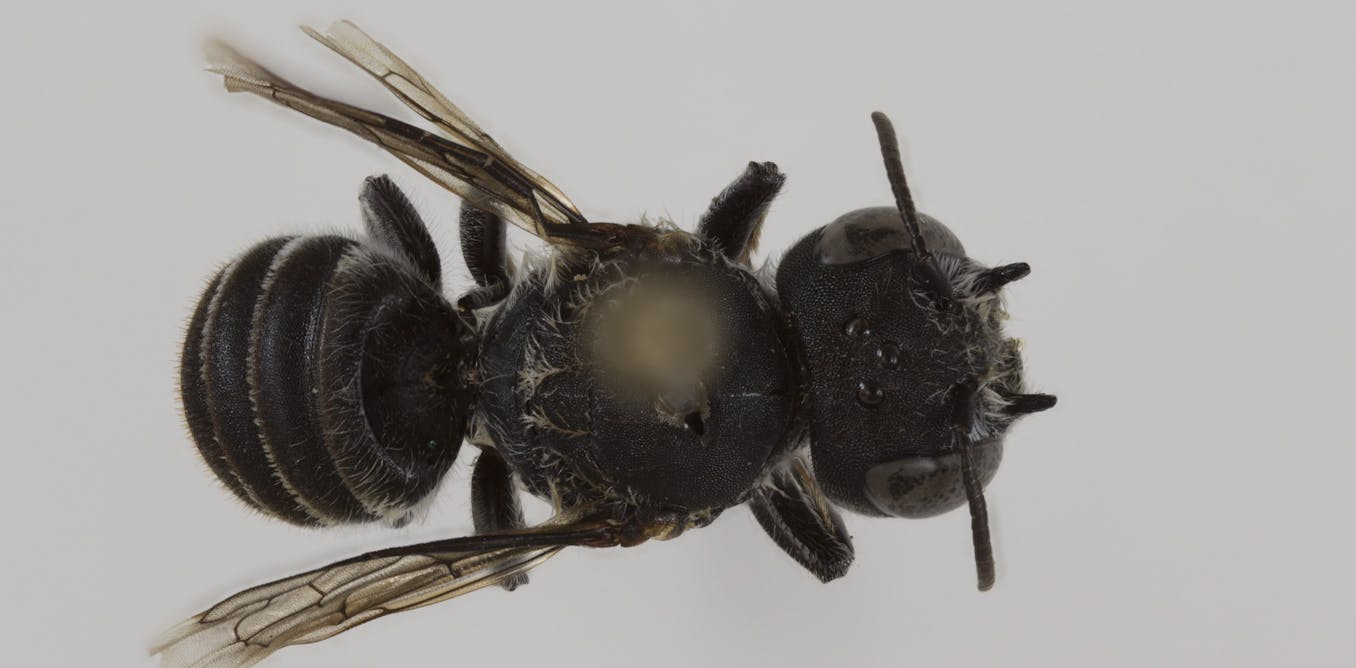
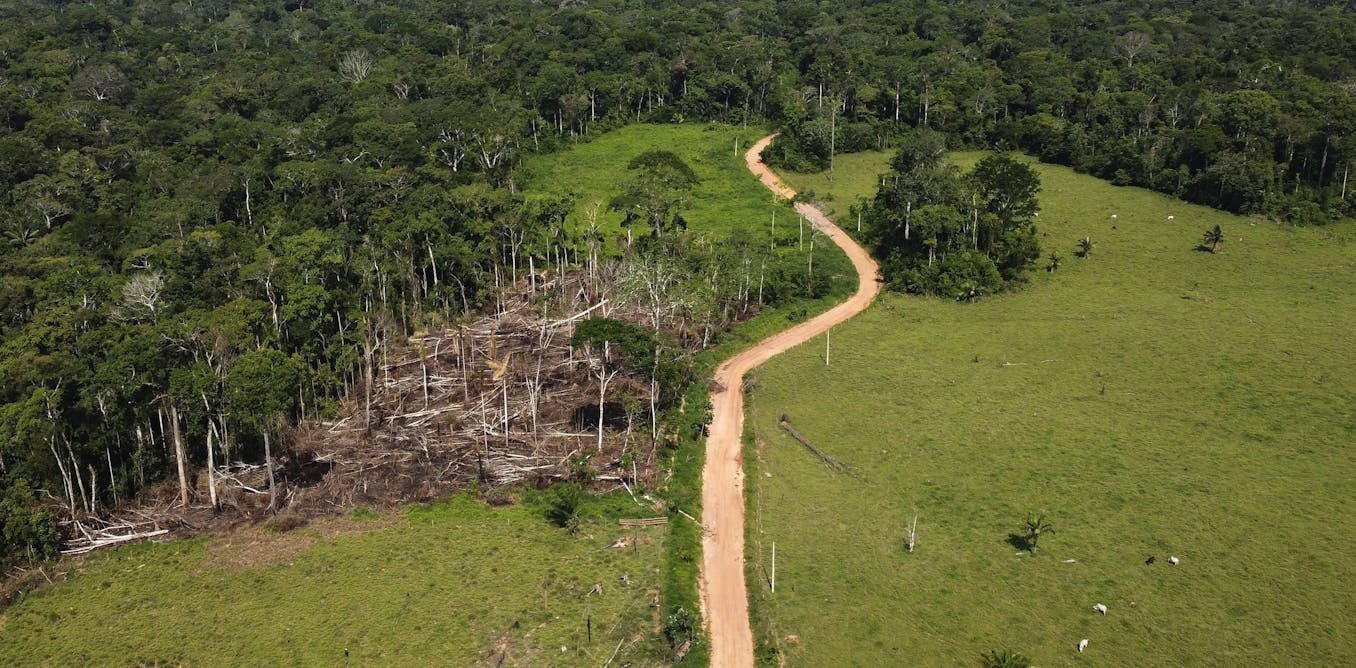























Leave a Reply